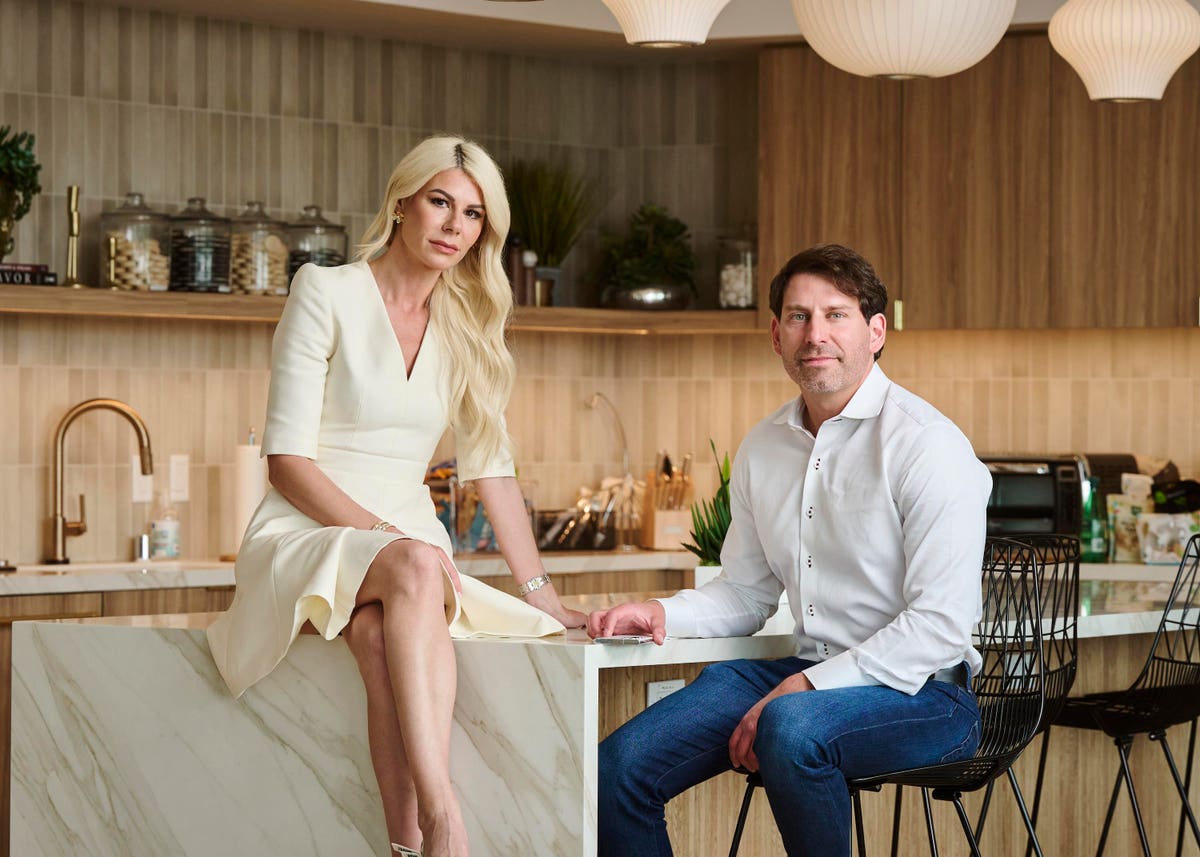The $1.4 trillion food and beverage market in the U.S. that accounts for roughly 5% of the country’s GDP today looked drastically different over a decade ago when Filipp Chebotarev and his sister, Polina Chebotareva-Mudrick, launched their fund Cambridge Companies SPG: processed foods remained prevalent in grocery, while better-for-you trends fortified by the budding consumer demand for clean label and special diets were at their innate stage.
Despite the broad reach of the category, it wasn’t necessarily an investment darling for most venture capitalists at the time due to its traditionally low profit margin, recalled Chebotarev, who himself became overweight as a child after regularly consuming processed meals and later developed health issues in his early 20s.
“I had a vision of what I wanted to do in my life, but my overall lifestyle was not going to get me closer to the vision,” said Chebotarev. “The issue with processed food is our bodies don’t recognize synthetic preservatives, food dyes, artificial sweeteners, and flavors. These additives disrupt our digestive health, hormone production, kill healthy gut bacteria, and slow down our metabolism.”
It wasn’t until 2017 when Cambridge Companies SPG made its first consumer investment — Once A Upon Farm, a baby food company co-founded by Hollywood actress Jennifer Garner, after spending years acquiring distressed real estate. The brand, best known for its line of organic plant-forward meals packaged in cold-pressed pouches, generating less than $1 million in sales back then, has increased a hundredfold since Cambridge Companies SPG led its series A.
Generational Shift Towards Healthier Foods
Once Upon A Farm’s continued success reflects the growing generational shift towards organic, non-GMO, low sugar, and sustainability, Chebotarev believes. That has led Cambridge Companies SPG to explore further opportunities in adjacent categories by leveraging similar investing thesis. “We wanted to see if there was a way to monetize this generational shift in spending and invest in something we believed in and can have a positive impact on human health and the environment,” he said.
Since then, Cambridge Companies SPG has invested more than $150 million of equity in 20 health and wellness-focused companies, including cold-pressed immunity shots manufacturer, Vive Organic, recently acquired by privately owned Suja Juice in a strategic nine-figure deal. Other investments the company has made early on include natural sports recovery beverage LifeAid; ghee butter brand 4th & Heart; organic and gluten-free snacks Tosi; Sol-ti; and The Coconut Cult, a non-dairy probiotic yogurt brand led by Once Upon A Farm’s co-founder Ari Raz.
Each investment, according to Chebotarev, has unique strengths and propositions that make them stand out in their respective sector.
“For example, Once Upon A Farm is still the most nutritionally superior baby food product on the market to this day: it’s fresh, and has the highest nutrient content, unlike other shelf-stable brands that are exposed to heat during pasteurization. We were also early investors of Vive Organic before their series A, and they’ve grown from $70,000 in monthly revenue to almost $4 million before the exit,” Chebotarev added. “The Coconut Cult has 16 strain probiotics, and self manufactures with a proprietary fermentation method that helps achieve not just the highest quality probiotic product on the market, but also the best taste.”
Evaluating Deals Amid Robust M&A In Food & Drinks
In recent years, CPG conglomerates’ active pursuit of better-for-you positioning is fueling robust M&A activity from Nestlé’s divestment of its U.S. candy division in 2018 to Mars Wrigley’s recent acquisitions of KIND Snacks and Kevin’s Natural Foods. These moves indicate continued lucrative returns from making investments in early-stage brands focusing on improving consumer health, Chebotarev stresses. “M&A in food and beverage is actually double that of technology and life sciences,” he said.
As a result, Cambridge Companies SPG has evolved over time from its original family office to a hybrid investment vehicle that also includes an institution backed by a large dedicated group of limited partners, so as the team can effectively support companies in various development phases.
The firm’s average check size per deal can vary from $5 million up to $25 million-plus depends on the stage of each deal, according to Chebotarev.
“As a strategic firm, we’re investors instead of allocators. We also have a very tight parameter on the types of companies we’re investing in outside of strict financial KPIs such as revenue, margin, velocity — we are investing in the highest quality and the cleanest product in the category,” said Chebotarev. “Our first investment in Once Upon A Farm was $1 million, and now we’re doing $10-25 million investments per deal.”
Moving forward, Cambridge Companies SPG’s goal is to make $50 million-plus investment per deal over the next three to five years, while continuing to grow transaction size and expand across different lifestyle sectors, because “it truly does provide and democratize accessibility of more nutritionally superior food to a broader population base,” Chebotarev added.
“What is different today from 20 years ago is that the flow of knowledge is democratized and much faster than it ever has been. The countless Netflix
NFLX
Read the full article here





